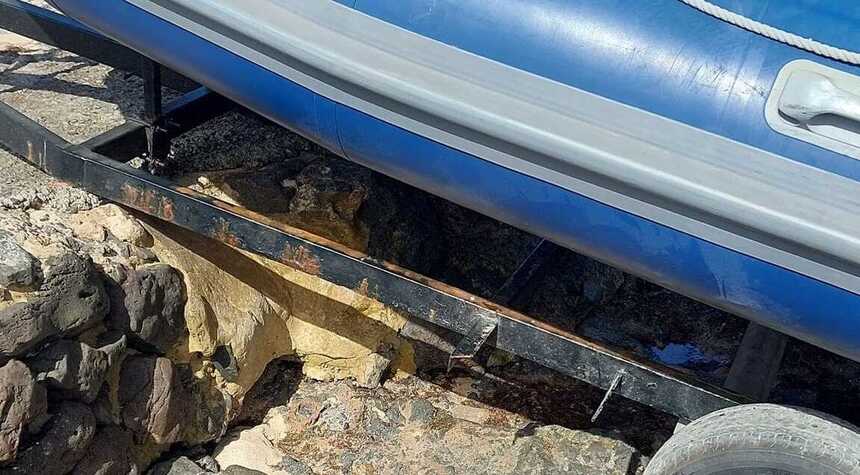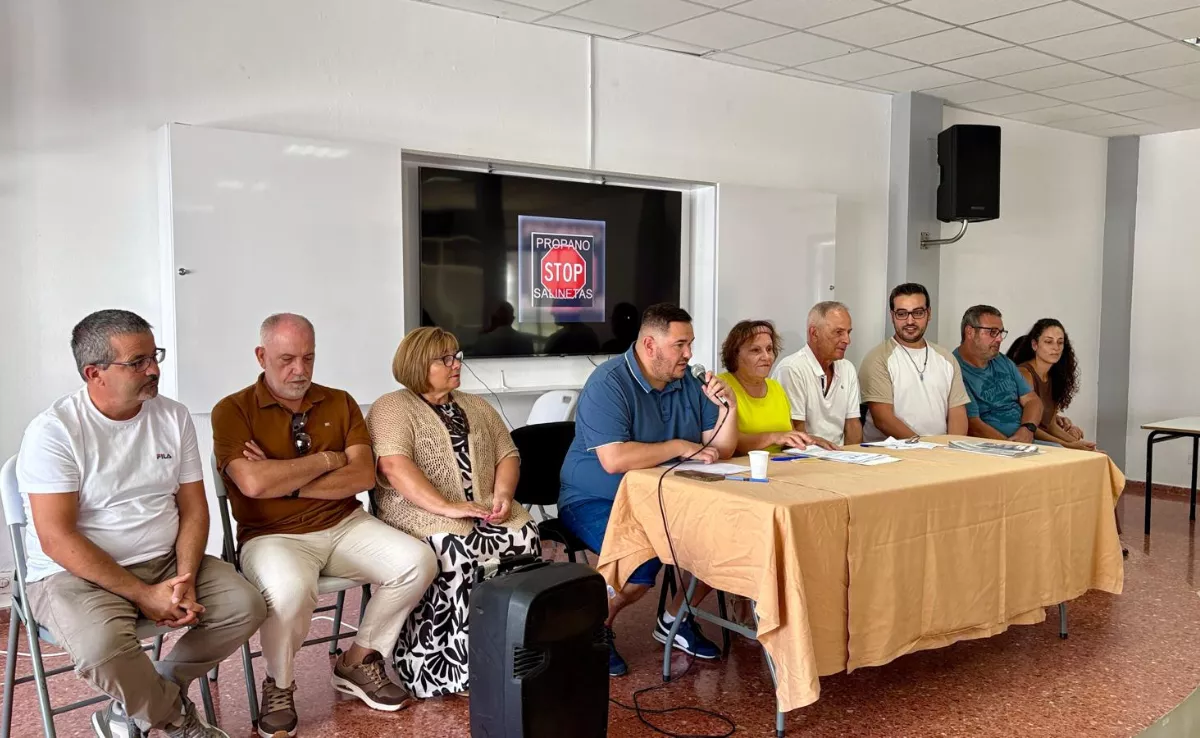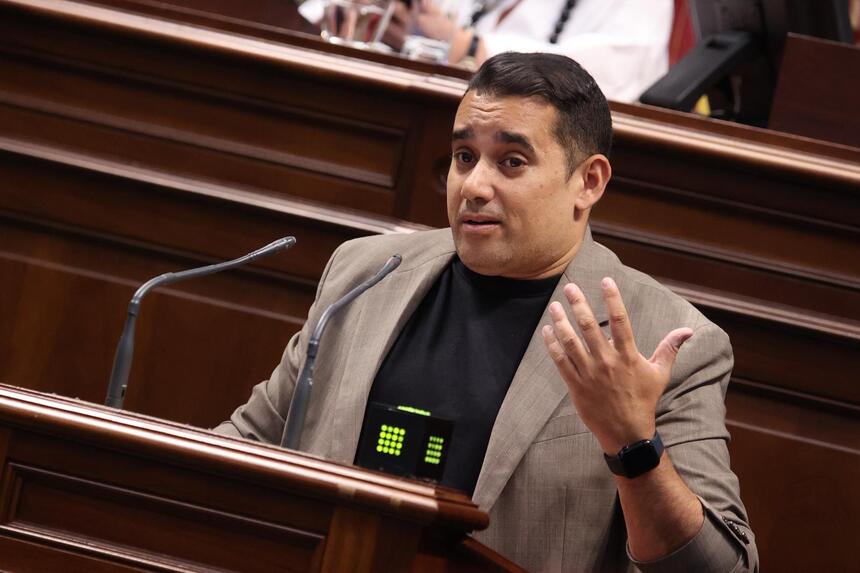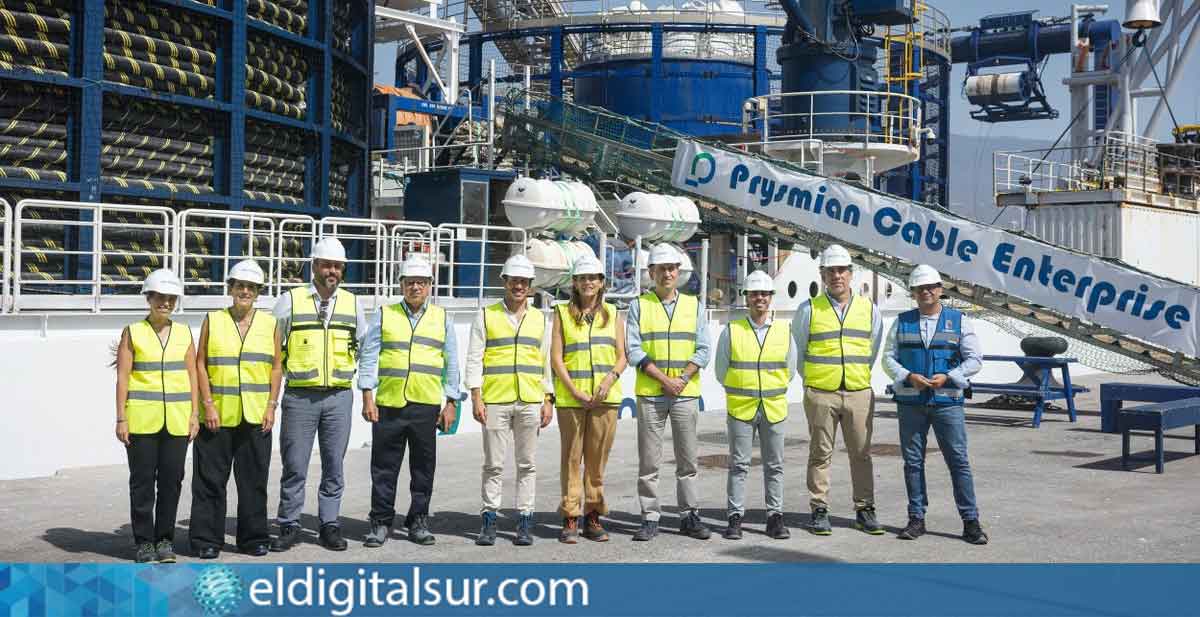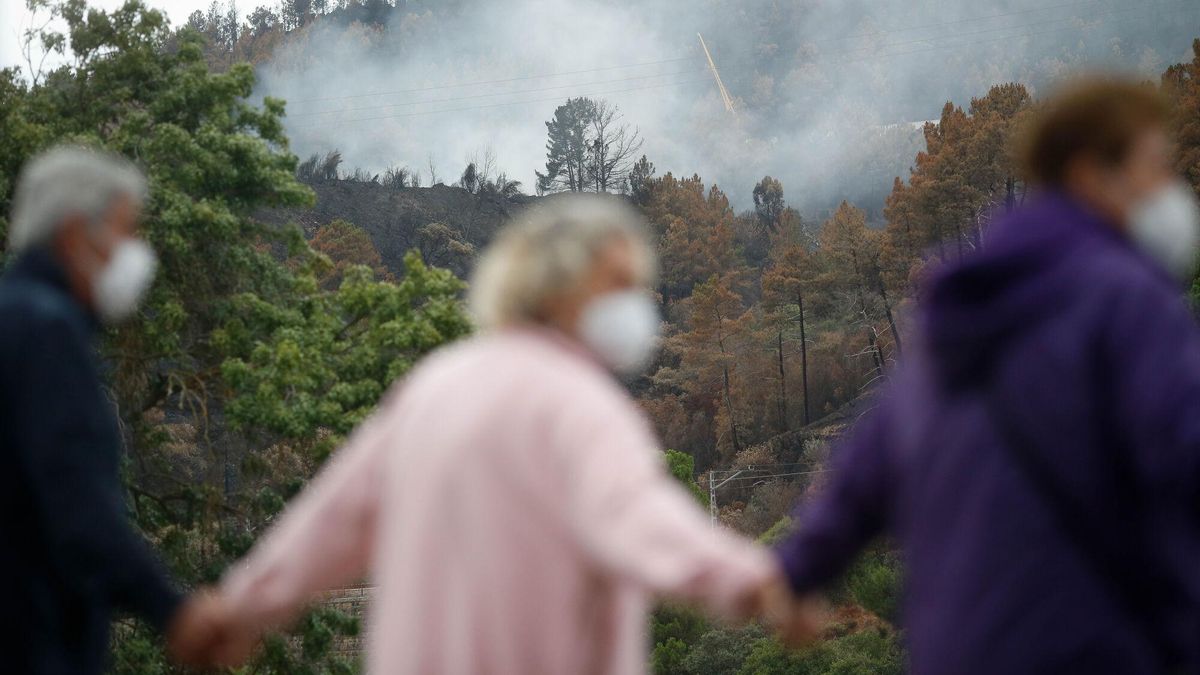His party, Alternativa Icodense, was the major surprise in the recent municipal elections, presenting for the first time and securing the overwhelming support of the citizens. Javier Sierra claims that these two years of governance have been “positive, with change and transformation in the municipality, despite facing a complicated and challenging reality.” His team’s strategy focused on establishing a foundation for planning and restructuring resources to make them more efficient, which has yielded results, although he acknowledges that much remains to be done. Additionally, he emphasises that he has been able to reach agreements with the main parties on significant issues, thereby providing stability to the government, thanks to the pact signed in January 2024 with the Socialist Party and agreements reached with three unaffiliated councillors who support the government on vital matters such as the budget.
– Do the residents perceive this change of direction?
“The truth is, I am pleased because we continue to maintain contact and a daily pulse with the citizenry, and the feedback is very positive. It is evident that so much has not been invested in public works in many years, and ultimately, the residents notice this in projects that are already a reality, such as the new leisure areas and playgrounds in Santa Bárbara, San Antonio, in the square of Andrés de Lorenzo Cáceres, and in neighbourhoods like La Florida, Las Abiertas, or La Candelaria. Also in works that are beginning to become visible, like the House of Youth, in the former home of poet Emeterio Gutiérrez Alvelo, the revitalisation of commerce, and the firm commitment to social, sports, and cultural collectives, with the largest number of grants ever awarded in the history of the Town Hall to support their activities and day-to-day operations.”
– Have you managed to address the 10 million euros of debt you found when you took office?
“We had debts to suppliers, banks, and outstanding invoices, amounting to around 10 million, and we managed to redirect the situation, although we still have pending tasks. We have tendered and awarded many contracts that had been expired for 2, 3, or 4 years, regarding supplies, hardware, fuel, the accident insurance of the Town Hall itself, and others that have allowed us to reduce that debt load and gain credibility with suppliers, which is also very important. We have achieved this thanks to careful resource planning, which provides us with stability, as it allows us to make the necessary payments, require companies to meet their obligations, and govern more calmly.”
– When will San Marcos beach be ready?
“From the very beginning, we have put all our effort into promoting the rehabilitation and recovery project for San Marcos beach. Since August 2023, we approved the urban conformity for the project from the Canary Islands Government, which had been stalled by the previous mayor, Francis González (CC), in 2021 over the debate of whether crushed stone or natural sand was better, as well as those public consultations that ended up wasting a substantial amount of public funds. In other words, we unlocked that conformity at the municipal level, and since then, we have continuously engaged in relations and meetings with the Director General of Tourist Infrastructure of the Canary Islands Government, Héctor Mateo; with the Spanish Government through the Minister of Territorial Policy, Ángel Víctor Torres, and the Director General of Coast and Sea, Ana María Oñoro, to unblock this matter. Right now, the ball is in the court of the Canary Islands Government, which needs to provide us with the environmental impact report for the project so we can tender the work and execute this long-awaited rehabilitation at the beach. However, along the way, we have encountered obstacles, and I want to think they are mere coincidences and not because of political interests aiming to hinder or delay this project and prevent this government from being the one to unlock San Marcos beach. We have seen that Francis González has gone to Madrid to Costas without ever consulting the Town Hall or his government partner, the PP, to offer the use of the ashes from the La Palma volcano, an idea proposed in the previous mandate by the PP spokesperson in the Town Hall, José María Polegre, which he, as mayor, rejected because he tended to oppose everything the opposition suggested. We do not understand this move, which adds more hurdles in the way.”
– With so many projects, what beach will Icod de los Vinos ultimately have?
“The beach that all Icod residents long for, with sand where they can enjoy swimming, safe, and as envisaged in the project approved by the Canary Islands Government. The beach we have upheld, which includes the repositioning of the pier to allow the tide to deposit sand as it has for decades and centuries, and is merely waiting for the go-ahead for the environmental impact assessment. We await the authorisation from Puertos Canarios, requested since October 2024, which depends on the Vice-Ministry of Infrastructure, and from the Insular Water Council to unlock the project. Therefore, I believe it is not the time to invent or introduce new ideas that only cause delays—but rather to join hands and support the project that is already on the table to reach the final goal and commence the works as soon as possible.”
– Why is the Drago Visitor Centre not open to the public?
“When I arrived in government, it was blocked due to the lack of a sewage system for the building. A few months later, this work was done, providing a connection to an absorption well near the street of Las Angustias, and it now has its own sewage system, allowing us to use something as simple as restrooms. In fact, we have already managed to hold some events at the facilities. However, to unlock the facility as an exhibition hall, receive visitors, and tell them the history of the municipality within the Drago Park, we must wait for the resolution of a precautionary measure from the architect who designed the building, Fernando Martín Menis. He considers himself the artistic creator of the building, so we cannot implement accessibility improvements, despite contradicting Spanish regulations and a report previously provided by Sinpromi to make it more accessible. Until this is resolved in court, we cannot equip the building museum-wise or make certain parts accessible, although this does not prevent us from using it for specific occasions.”
– What will happen to the weekend market?
“Upon arriving in government, we found some irregularities regarding its operation, as it lacked civil liability insurance, and we were unaware of how the placement of the stalls had been granted, and the food vendors were operating without health registration. Additionally, we recently received a letter from the Transparency Commissioner in response to requests from some of those street vendors who were previously in the square, asking us to clarify the future of this activity. Therefore, I requested a report from the public company Icodtesa, responsible for managing the market under the previous government. From that inquiry, we discovered, for instance, that many invoices were paid without a management mandate, and there was arbitrary selection of the stalls that were set up. All of this has been made available to the Town Hall’s legal services and the Secretary, who are analysing what actions to take. Thus, it will resume once we have finalised the ordinance that regulates and allows for the absolute transparency and legality of this type of market.”
– When you assumed the mayoralty, you stated that the number one goal was for Icod de los Vinos to once again become a relevant municipality in North Tenerife. Do you believe you are achieving that?
“I am very optimistic and believe we are achieving this, particularly by improving institutional relations between the Town Hall and the municipalities of the region and with the Cabildo, to which I have offered public land to build a Titsa interchange and so many other issues we must defend together, regardless of our political affiliation. I believe I am managing to position Icod as a reference point, as there is talk of revitalising its commercial area with the implementation of consumer vouchers and a greater promotion of our festive events, the traditions that identify us and make us unique, such as the San Andrés tables, and the Christmas campaign. In this regard, I assert that this government is laying the foundations for Icod de los Vinos to once again be a reference point not only in the northwest region but in the Island itself, and all of this is the result of careful planning that is reflected in economic results, in decreasing unemployment figures, and in the number of businesses that are maintained. Therefore, the answer is unequivocal: Icod is on the map of Tenerife, and we will continue to position it in that sense.”
– What are your current priorities?
“We have ahead of us the execution of over one million euros in road and pathway resurfacing across all neighbourhoods, as we have an outdated road infrastructure network that has not been invested in for more than two decades, and this also involves repairing the water supply network. The priority is set so that the population suffers as little as possible from cuts that have persisted for years, with increased frequency during the summer. All efforts are directed there, and we are receiving some support from the Cabildo of Tenerife. This is the priority—improving the basic infrastructure of Icod de los Vinos so that citizens can carry out their daily lives in the best possible way.”
– Did you expect more support from the PP, with whom your party even discussed a potential governmental pact?
“I wish to separate the PP of Icod from the island PP and the regional government, as we have received significant backing from the councillors of these two administrations, with decisions and funding on various matters. However, at the local level, the party is quite passive and does not position itself regarding our proposals, even though we have included them in the budget formulation. We can estimate that they abstain or vote against practically 90% of the proposals and plenary agreements. This is not something we appreciate, as we extend our bridges, and I hope this situation can be readdressed, as I have always been open to dialogue, which I also do with CC, something that did not exist before.”
– You reported a few months ago about the insults you suffered due to your sexual orientation. Is there still homophobia in the municipality?
“Discussing whether there is homophobia or not in the municipality is not a question I can answer. There are specific cases; I experienced it, and probably many residents do anonymously, and that is what concerns me—to fully address these actions in schools and workplaces. For this reason, we have developed cross-cutting policies to ensure respect for diversity and coexistence are always at the forefront. Such behaviours are unacceptable in any society, especially in a municipality that has always been a reference for respect, tolerance, and coexistence.”




